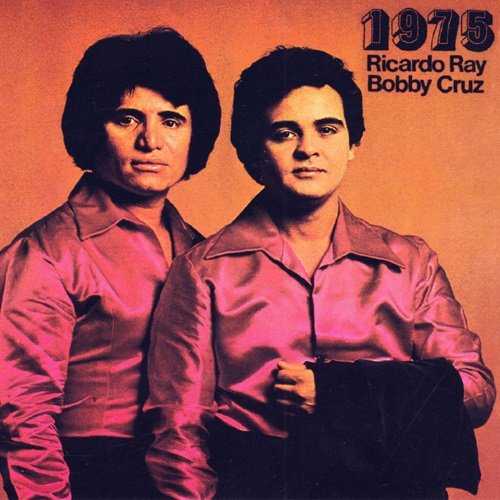Riccardo Muti, The Philadelphia Orchestra - Beethoven: Symphony No. 9 in D minor, Op. 125 "Choral" (1999)
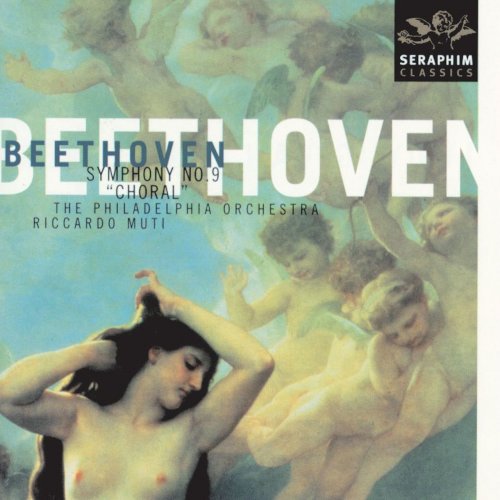
Artist: Riccardo Muti, The Philadelphia Orchestra
Title: Beethoven: Symphony No. 9 in D minor, Op. 125 "Choral"
Year Of Release: 1999
Label: Seraphim Classics
Genre: Classical
Quality: FLAC (tracks) / MP3 320 Kbps
Total Time: 01:11:52
Total Size: 307 Mb
WebSite: Album Preview
Tracklist: Title: Beethoven: Symphony No. 9 in D minor, Op. 125 "Choral"
Year Of Release: 1999
Label: Seraphim Classics
Genre: Classical
Quality: FLAC (tracks) / MP3 320 Kbps
Total Time: 01:11:52
Total Size: 307 Mb
WebSite: Album Preview
1. Symphony No. 9 in D Minor, Op. 125, "Choral": I. Allegro ma non troppo, un poco maestoso 16:29
2. Symphony No. 9 in D Minor, Op. 125, "Choral": II. Molto vivace 14:46
3. Symphony No. 9 in D Minor, Op. 125, "Choral": III. Adagio molto e cantabile 16:04
4. Symphony No. 9 in D Minor, "Choral" Op. 125: IV. Presto 24:33
Performers:
Cheryl Studer (soprano)
Delores Ziegler (mezzo)
Peter Seiffert (tenor)
James Morris (bass)
Philadelphia Orchestra
Westminster Choir
Riccardo Muti
Without question, Beethoven's Ninth Symphony is one of the greatest works in the history of Western music. And although there are literally hundreds of recordings of this epic masterpiece, this mid-1980s recording by the great Philadelphia Orchestra with Riccardo Muti on the podium is one of the best.
At 72 minutes in length, this is a deliberately paced recording, but one which never drags. The celebrated opening shimmering of the strings (a hallmark of the vaunted Philadelphia sound) gives us a very good idea of how Muti and the orchestra are going to proceed. The dramatic soundscape of the first movement is then followed by a vivid performance of the explosive scherzo, whose main theme Muti chooses to repeat twice. The celebrated Adagio, full of poignancy, is a great showcase for the orchestra's legendary string section and the woodwinds.
Then we come to the epic finale, where the themes of the first three movements are initially repeated, to then be replaced by the "Ode To Joy" melody, first in the orchestra alone, and then in the vocal form that earned this work the nickname of the "Choral" Symphony. It is rendered with exceptional skill and power by a quartet of great singers--Cheryl Studer, Delores Ziegler, Peter Sieffert, and James Morris--plus the great Westminster Symphonic Choir.
Taking over where Leopold Stokowski and Eugene Ormandy left off, Muti wisely kept the Philadelphia Orchestra's traditional sound in tact, but he also added some new musical muscle to it, as well as that "singing" quality to it that he learned from having done operas. Those qualities show up in this recording of the Beethoven Ninth; and it is for those reasons that I strongly recommend it to any classical music lover, even if you have more recordings of it than you can count. It is a winner.
At 72 minutes in length, this is a deliberately paced recording, but one which never drags. The celebrated opening shimmering of the strings (a hallmark of the vaunted Philadelphia sound) gives us a very good idea of how Muti and the orchestra are going to proceed. The dramatic soundscape of the first movement is then followed by a vivid performance of the explosive scherzo, whose main theme Muti chooses to repeat twice. The celebrated Adagio, full of poignancy, is a great showcase for the orchestra's legendary string section and the woodwinds.
Then we come to the epic finale, where the themes of the first three movements are initially repeated, to then be replaced by the "Ode To Joy" melody, first in the orchestra alone, and then in the vocal form that earned this work the nickname of the "Choral" Symphony. It is rendered with exceptional skill and power by a quartet of great singers--Cheryl Studer, Delores Ziegler, Peter Sieffert, and James Morris--plus the great Westminster Symphonic Choir.
Taking over where Leopold Stokowski and Eugene Ormandy left off, Muti wisely kept the Philadelphia Orchestra's traditional sound in tact, but he also added some new musical muscle to it, as well as that "singing" quality to it that he learned from having done operas. Those qualities show up in this recording of the Beethoven Ninth; and it is for those reasons that I strongly recommend it to any classical music lover, even if you have more recordings of it than you can count. It is a winner.
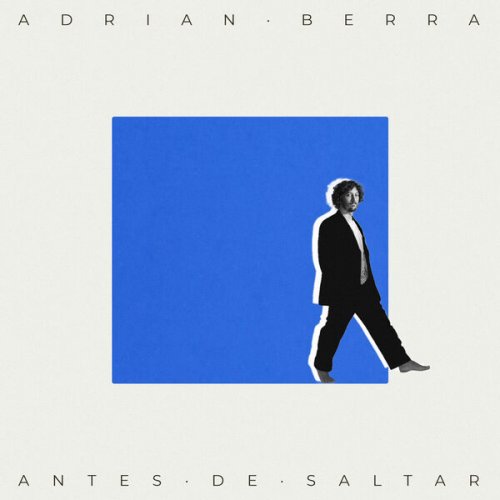
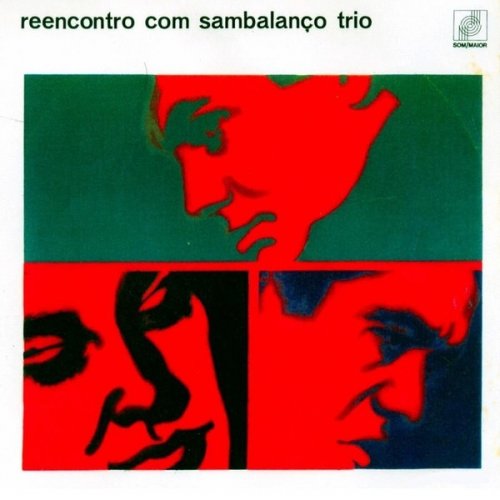
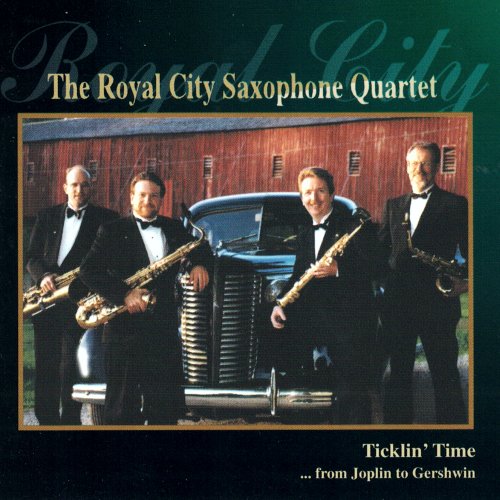
![Stefano Battaglia, Stefano Battaglia Standards Quartet - One Mile Away (2026) [Hi-Res] Stefano Battaglia, Stefano Battaglia Standards Quartet - One Mile Away (2026) [Hi-Res]](https://www.dibpic.com/uploads/posts/2026-03/1772346486_cover.jpg)
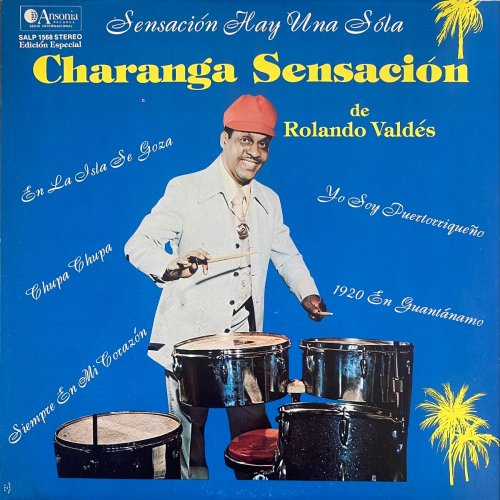
![Herminio Bello De Carvalho - Hermínio Bello de Carvalho 90 (2026) [Hi-Res] Herminio Bello De Carvalho - Hermínio Bello de Carvalho 90 (2026) [Hi-Res]](https://img.israbox.com/img/2026-03/01/7d9otuo4k41izuhqy3mc75spu.jpg)
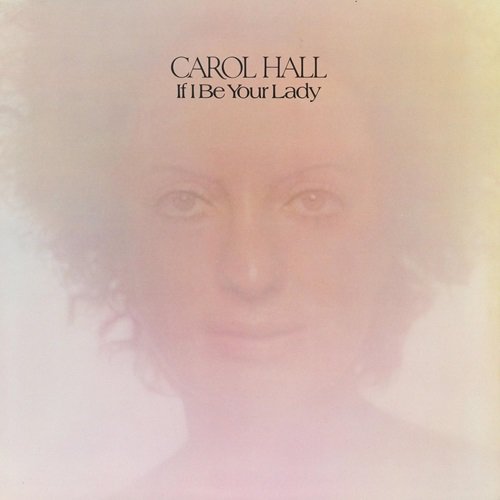
![Kobert - Off the Hook (2011) [Hi-Res] Kobert - Off the Hook (2011) [Hi-Res]](https://www.dibpic.com/uploads/posts/2026-03/1772434077_lnz36qc7wmx6u_600.jpg)
